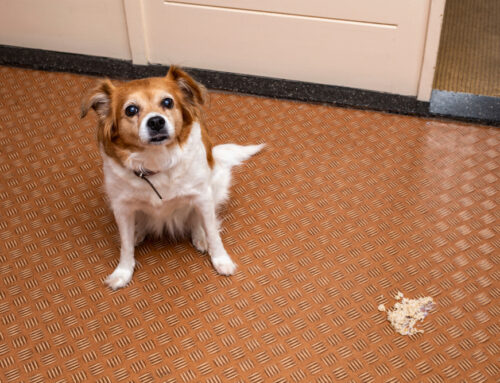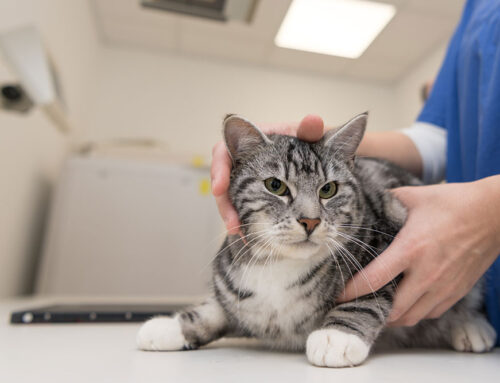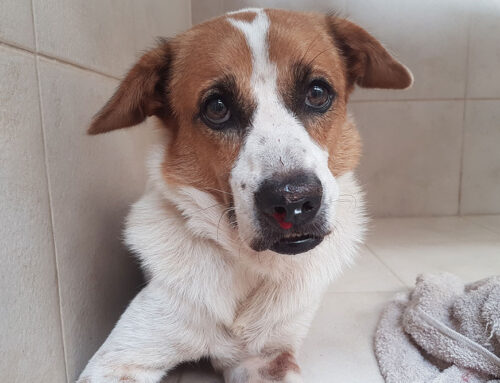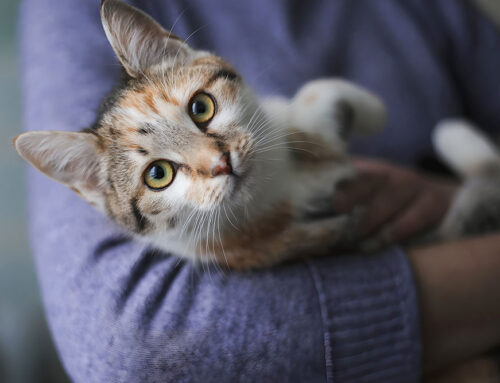What Happens When You Skip Your Pet’s Dental Care
At North Royalton Veterinary Hospital, we frequently treat pets whose dental issues have progressed beyond what a routine cleaning can solve. Whether it’s a fractured tooth, an undiagnosed abscess, or advanced periodontal disease affecting vital organs, untreated dental disease doesn’t just stay in the mouth—it can quietly compromise your pet’s quality of life and systemic health.
The Medical Reality of Dental Disease
Periodontal disease begins with plaque, which hardens into tartar, leading to gum inflammation (gingivitis). Left untreated, it advances to periodontitis, causing permanent tissue and bone loss, tooth instability, and deep-seated infection.
This progression is painful—but pets often show subtle or no signs until damage is advanced.
Why It’s More Than “Just a Mouth Problem”
Chronic oral inflammation does more than cause bad breath. Bacteria from the mouth can travel through the bloodstream and contribute to:
- Heart valve infections (endocarditis)
- Kidney and liver inflammation
- Worsening of chronic conditions like diabetes
Dental disease is linked to systemic inflammation, immune strain, and reduced longevity. Addressing oral health is not optional—it’s a fundamental part of whole-body care.
When Dental Disease Becomes Medically Urgent
We routinely see advanced cases that require more intensive intervention. Some of the most concerning complications include:
- Oronasal fistulas (openings between the mouth and nasal cavity)
- Tooth root abscesses causing facial swelling and drainage
- Severe bone loss affecting jaw stability
- Pain-induced behavior changes, including aggression or withdrawal
- Anorexia or weight loss due to oral discomfort
- Tooth fractures with exposed pulp (nerve root) causing pain
These are not cosmetic issues—they’re medical problems that require timely diagnosis and treatment.
What We Use to Diagnose the Full Picture
You can’t accurately diagnose or stage dental disease with a visual exam alone. At North Royalton Vet, we use:
- Intraoral dental X-rays to assess roots, bone loss, and abscesses
- Periodontal probing under anesthesia to identify pocketing and gingival recession
- Oral exam under general anesthesia, allowing us to evaluate each tooth without pain or stress to your pet
- Pre-anesthetic bloodwork, ensuring your pet is safe for any procedures
These diagnostics allow us to go beyond what’s visible and treat the real cause—not just the symptoms.
Learn more: The Importance of Dental X-Rays for Pets | Anesthesia and Dental Cleaning – AAHA
Treatment: From Cleaning to Complex Oral Surgery
Depending on what we find, your pet’s dental treatment plan may include:
- Ultrasonic scaling and polishing to remove plaque and tartar
- Tooth extractions for fractured, infected, or mobile teeth
- Surgical curettage for deep periodontal pockets
- Oronasal fistula repair
- Pain control and antibiotics post-procedure
- Home care protocol customized for your pet’s specific risk factors
Every treatment plan is tailored to your pet’s stage of disease, age, and overall health.
Preventing the Preventable: What You Can Do at Home
While we handle the advanced cases, you can significantly reduce your pet’s risk by:
- Brushing daily with pet-safe toothpaste
- Choosing dental diets and VOHC-approved chews
- Avoiding hard bones or antlers that can lead to tooth fractures
- Watching for changes like bad breath, chewing on one side, or facial sensitivity
- Scheduling regular oral exams to catch problems early
FAQs: What Pet Owners Often Ask Us
Is it really safe to anesthetize my senior pet for dental care?
Yes, with proper screening and monitoring. In fact, the risk of not treating dental disease is often higher than the risk of anesthesia.
Can I skip X-rays if my pet’s teeth “look fine”?
Unfortunately, no. Over 60% of dental disease is below the gumline and invisible without imaging.
Are there alternatives to brushing?
Yes—but brushing remains the gold standard. Dental wipes, rinses, and VOHC-approved chews are helpful additions, not replacements.
Partner with Us for a Healthier, Happier Pet
At North Royalton Veterinary Hospital, we don’t just treat what you see—we detect and address what’s silently harming your pet behind the scenes. Dental disease is a medical issue that requires a medical response, and we’re here to provide it with expertise, compassion, and a plan that works for you and your pet.
Schedule an appointment
Contact us with questions about your pet’s oral health
We’re here to protect your pet’s smile—and their health—from the inside out.









Leave A Comment